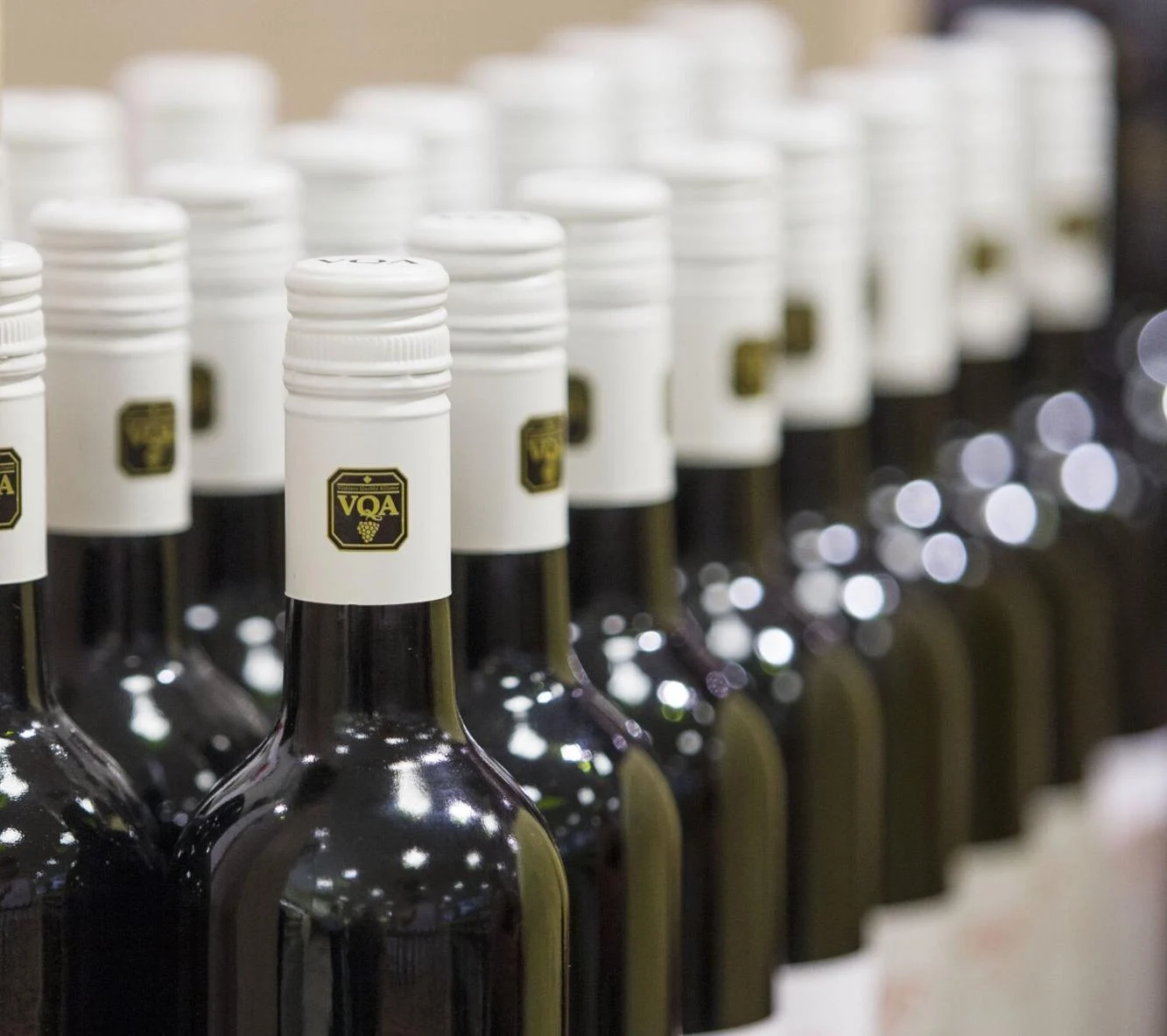TORONTO — A surge in “Buy Canadian” sentiment is fuelling strong growth in Ontario-made wine, beer, and spirits sales at the LCBO, according to newly released sales data. The shift comes in response to escalating U.S. tariffs that have targeted Canadian industries and products.
The Liquor Control Board of Ontario (LCBO) reports overall sales of Ontario-made products have increased 23 per cent year-over-year from 2024, with Ontario VQA wines leading the way with a remarkable 67 per cent growth rate. Ontario VQA red wines, in particular, have seen an 80 per cent jump, underscoring growing consumer demand for premium local offerings.
The momentum follows a decision by the Ontario government earlier this year to remove U.S. alcohol products from LCBO shelves, a move taken after President Donald Trump imposed sweeping tariffs on Canadian imports. The ban remains in effect, with the exception of products from U.S. territories such as Puerto Rico.
Michelle Wasylyshen, president and CEO of Ontario Craft Wineries, credited the movement for helping Ontarians discover the quality of local wines. “Ontario VQA wine has always been an authentic made-in-Ontario story, but Ontarians are tuning in like never before,” she said.
George Soleas, president and CEO of the LCBO, said the corporation is continuing to showcase local products through its Eh List and in-store tastings. “Customers are embracing Ontario VQA wines and local products like never before, and we’re proud to expand our offerings with 130 new Ontario VQA wines added to the Vintages collection,” he said.
Beyond Ontario, demand for Canadian-made products is also rising. Sales of British Columbia wines are up 55 per cent, Nova Scotia wine sales climbed 30 per cent, and Alberta spirits saw a 13 per cent increase. Ontario craft beer and locally made spirits recorded year-over-year sales growth of 8.4 per cent and 4.5 per cent, respectively.
While Canadian businesses continue to grapple with the financial strain of the ongoing U.S.-led trade war, the LCBO’s sales data suggests that consumers are increasingly turning to domestic choices as an act of both resilience and pride.

